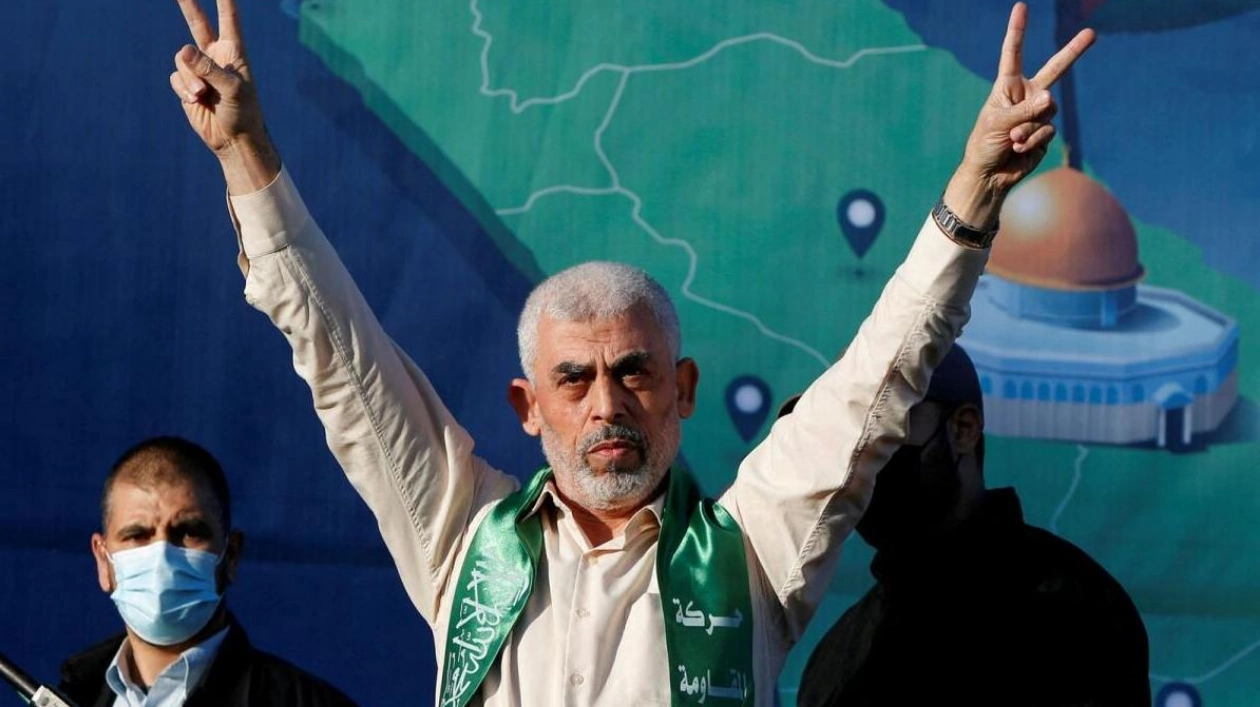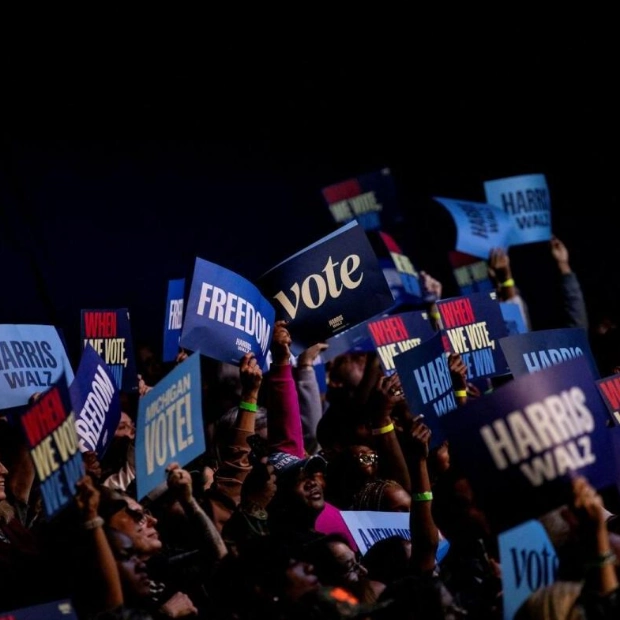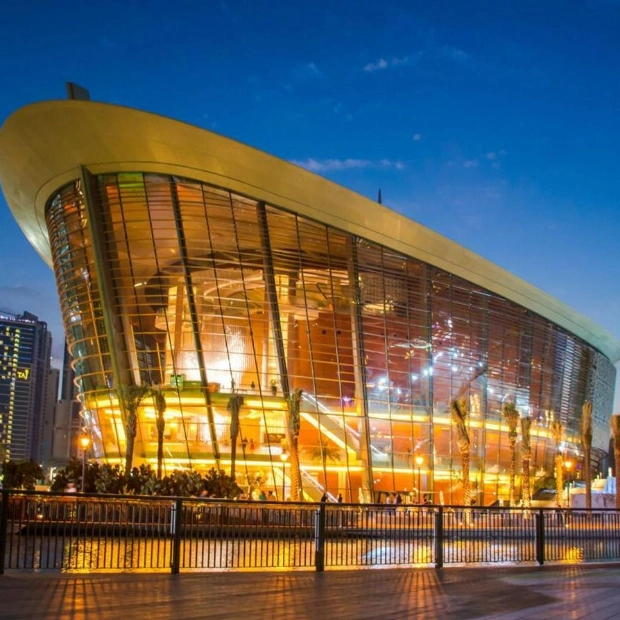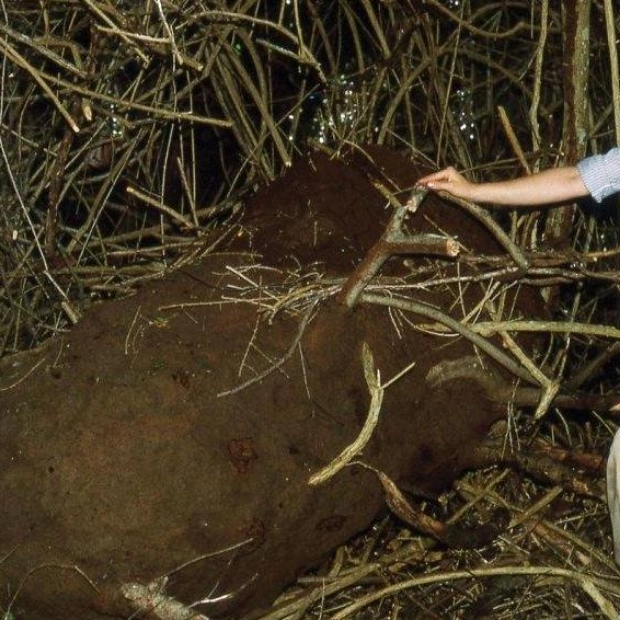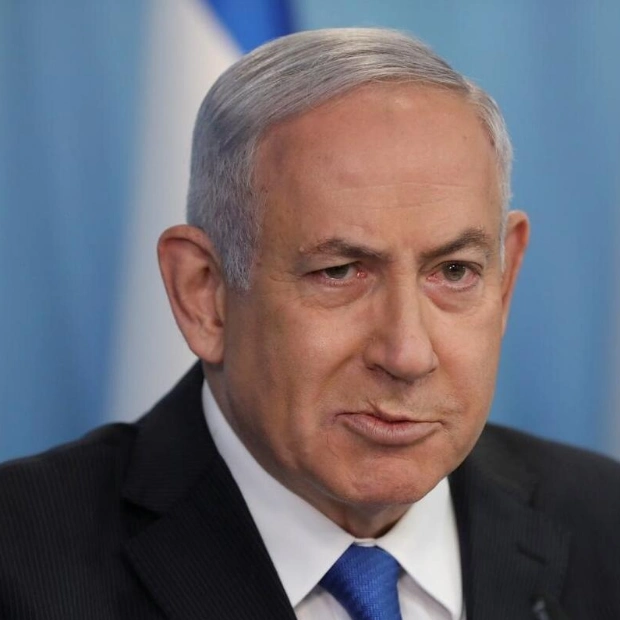Israel has pledged to "eliminate" the new Hamas leader Yahya Sinwar, who is accused of masterminding the October 7 attack, a move that has heightened regional tensions as the conflict in Gaza enters its 11th month. The appointment of Sinwar as the head of the Palestinian group comes as Israel prepares for possible Iranian retaliation following the assassination of his predecessor, Ismael Haniyeh, in Tehran last week. Prime Minister Benjamin Netanyahu, speaking at a military base, affirmed Israel's determination to protect itself, stating, "We are prepared both defensively and offensively." Israeli Foreign Minister Israel Katz expressed the urgency to "eliminate him and eradicate this vile organization from the face of the earth" in response to Sinwar's promotion.
Sinwar, who has been the leader of Hamas in Gaza since 2017, has not been seen since the October 7 attack, which marked the deadliest incident in Israel's history. A senior Hamas official indicated that Sinwar's selection underscores the group's continued commitment to resistance. Hezbollah, Hamas's ally in Lebanon, congratulated Sinwar, asserting that his appointment demonstrates the failure of Israel's objectives in targeting Hamas leaders. Analysts suggest that Sinwar is less likely to agree to a ceasefire and is more aligned with Tehran than Haniyeh. US Secretary of State Antony Blinken emphasized that it is up to Sinwar to facilitate a ceasefire, noting his significant influence.
Civilians in both Israel and Gaza expressed concern over Sinwar's appointment. In Gaza, a displaced resident questioned how negotiations could proceed under a fighter like Sinwar. In Tel Aviv, a logistics manager observed that Hamas's choice of Sinwar indicates a continued militant stance. Hezbollah, backed by Iran, has vowed to avenge the deaths of Haniyeh and its own military commander, Fuad Shukr, killed in an Israeli strike in Beirut. Hezbollah leader Hassan Nasrallah declared that retaliation would come either independently or as part of a coordinated response from Iran-backed groups in the region.
The United States, bolstering its military presence in the area, has urged both Iran and Israel to avoid escalation. President Joe Biden engaged in discussions with regional leaders to prevent the conflict from widening. Iranian President Masoud Pezeshkian urged the West to halt arms sales and support for Israel to avert war. The Organisation of Islamic Cooperation convened to address the escalating situation in the Middle East. The ongoing conflict in Gaza, initiated by Hamas's October 7 attack, has involved Iran-backed militants across multiple countries, resulting in significant casualties and widespread disruption.
